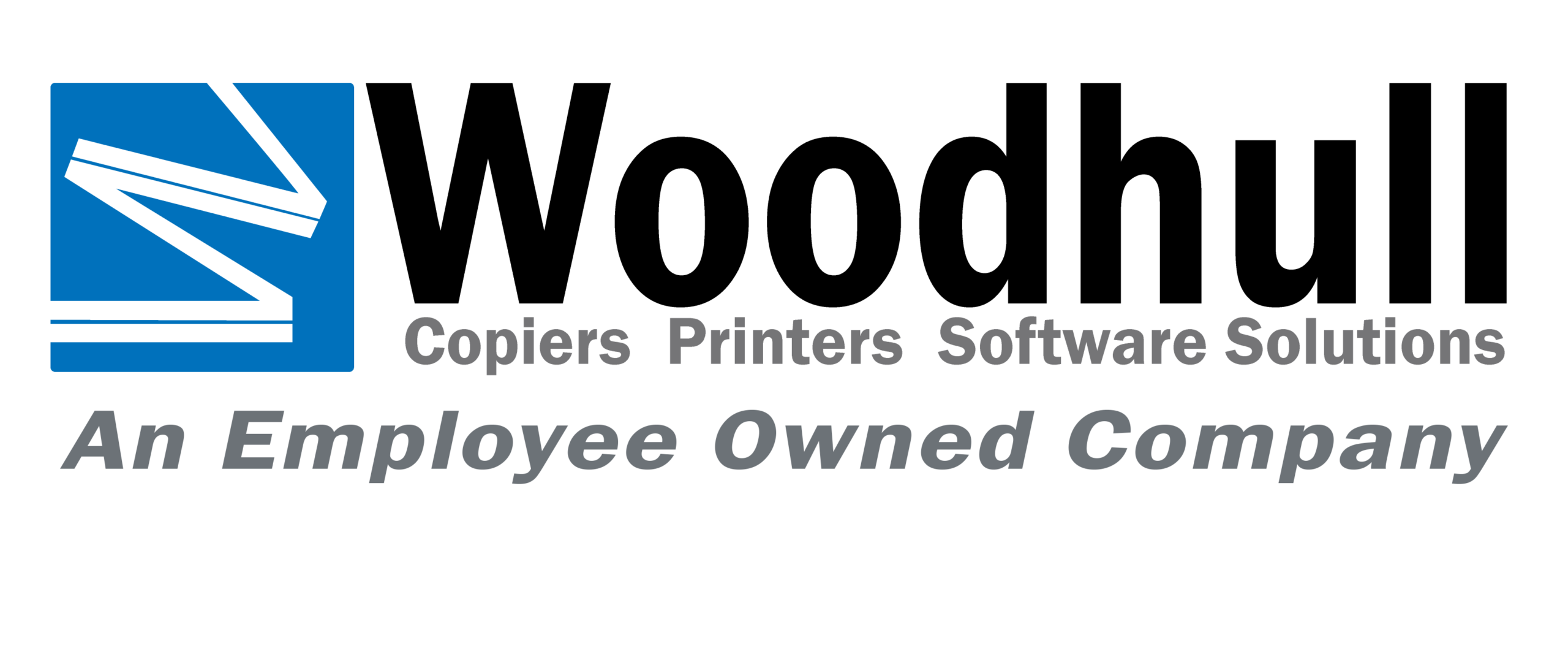Digital vs. Analog Copiers: Making the Right Choice for Your Business Needs
In the ever-evolving landscape of office technology, businesses are continually faced with decisions that can impact their productivity, efficiency, and bottom-line. One such decision is choosing between digital and analog copiers. Both types of copiers have unique benefits and limitations, and understanding these can help you make an informed choice that aligns with your business requirements. Let’s dive into the world of copiers to aid you in making the right selection.
Understanding Analog Copiers
Analog copiers are the veterans in the field of copying technology. They operate using a purely optical process, where light reflects off the original document onto a photosensitive drum. Through a series of steps involving static electricity and toner (powdered ink), the image is transferred and fused onto paper, creating the copy.
Pros of Analog Copiers:
- Cost-Effective – Analog copiers tend to be less expensive upfront, which can be appealing for businesses on a tight budget.
- Simplicity – With fewer bells and whistles, analog copiers are straightforward to use, with basic functions that meet standard copying needs.
- Durability – They are often praised for their durability and longevity, given that they have less complex internal mechanisms.
Cons of Analog Copiers:
- Limited Features – Analog machines typically do not offer multifunctional capabilities such as scanning, printing, or faxing.
- Quality Constraints – The image quality of analog copies might not match the high-resolution output that digital copiers can produce.
- Efficiency – They generally operate at slower speeds and require more hands-on time, which can be a drawback for offices with high-volume copying needs.
The Rise of Digital Copiers
Digital copiers are a more recent innovation and offer advanced functionality. They work by scanning a document once and storing it digitally before printing. This process allows for improved image quality, and since the image is stored digitally, it can be edited, emailed, or archived.
Pros of Digital Copiers:
- Multifunctional – Most digital copiers come equipped with printing, scanning, and faxing capabilities, making them versatile office hubs.
- Improved Quality – They provide superior image resolution and color accuracy, which is essential for businesses that require high-quality document reproduction.
- Connectivity and Integration – Digital copiers can easily integrate with networks, allowing for remote printing and digital document management.
- Enhanced Efficiency – With features like double-sided printing, collating, and automatic document feeding, digital copiers can significantly boost workplace productivity.
Cons of Digital Copiers:
- Higher Price Point – The advanced technology and features of digital copiers come with a higher initial investment.
- Complexity – The multitude of features and connectivity options may require a steeper learning curve for some users.
- Maintenance – As sophisticated devices, they may demand more frequent updates and maintenance.
Making the Right Choice for Your Business Needs
When deciding between digital and analog copiers, consider the following aspects of your business:
- Volume and Speed Requirements
If your business demands high-volume copying and values speed, digital copiers are likely the better option. Analog copiers may not keep up with the pace of your needs and could become a bottleneck.
- Quality Expectations
For industries where document quality is paramount—such as graphic design, real estate, or legal services—digital copiers will deliver the crisp, clean copies that reflect professionalism.
- Budget Considerations
Smaller businesses or startups with lower copy volumes and tight budget constraints may opt for an analog copier initially and transition to a digital one as their business grows and needs evolve.
- Technological Integration
In the age of digital transformation, a business that prioritizes seamless integration with other technologies will benefit from a digital copier’s networking capabilities.
- Environmental Impact
Digital copiers often have energy-saving modes and contribute to a reduction in paper waste through features like double-sided printing, appealing to businesses with strong environmental policies.
FAQs on Digital vs. Analog Copiers
Are analog copiers outdated?
- Analog copiers still have their place, especially for businesses with minimal copying needs or those valuing a more straightforward approach.
Can digital copiers be more cost-effective?
- Despite the initial investment, digital copiers often prove more cost-effective in the long run, thanks to lower maintenance and operational costs.
What’s the lifespan of digital copiers?
- Digital copiers generally have a longer lifespan due to their robust design and lower susceptibility to wear and tear.
Do analog copiers require more maintenance?
- Yes, analog copiers typically demand more maintenance, leading to potential disruptions in your workflow.
Is the quality of prints better with digital?
- Digital copiers offer superior print quality, especially in reproducing detailed graphics or intricate text.
How can businesses transition from analog to digital?
- Transitioning involves assessing your needs, investing in digital infrastructure, and providing adequate training to staff for a seamless shift.
The choice between digital and analog copiers is not a one-size-fits-all decision. It depends on a myriad of factors unique to each business, from the volume of copies made each day to budget constraints and environmental priorities. While analog copiers may suffice for some, digital copiers offer cutting-edge features that cater to modern business needs. By carefully weighing these considerations, you can select a copier that not only meets your current requirements but also supports your business as it grows and evolves.
